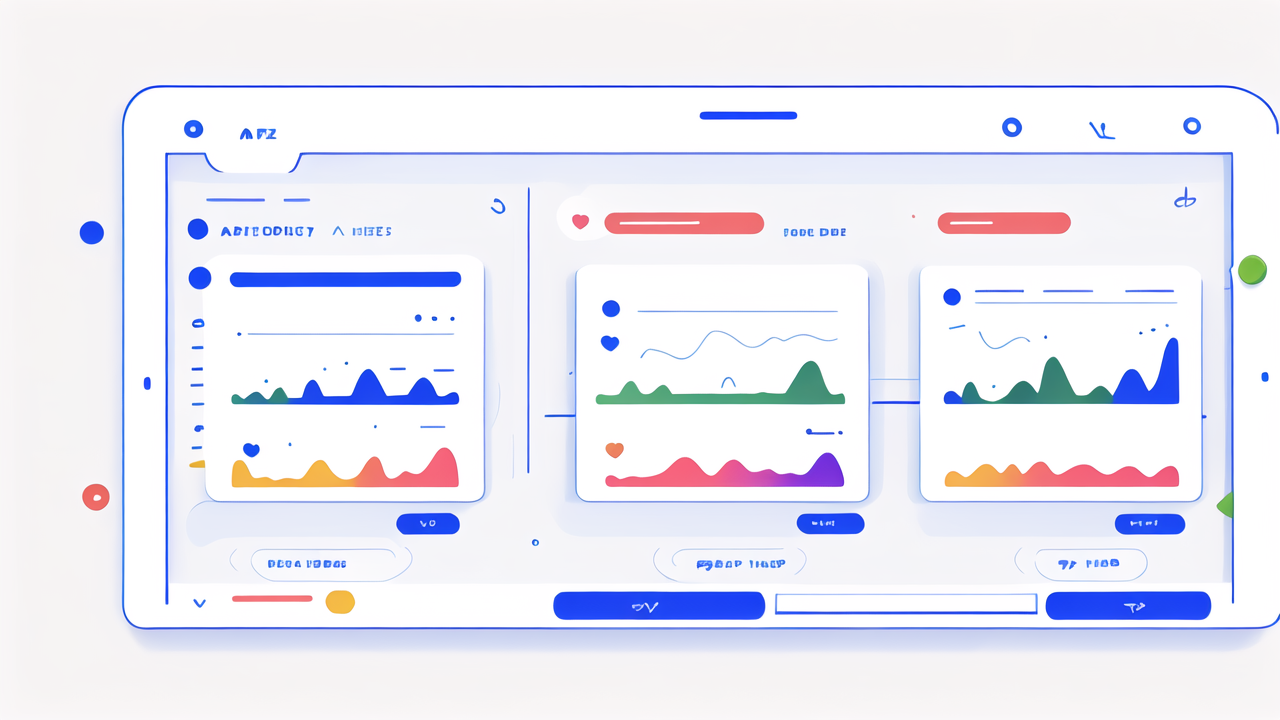Understanding Fitness Trackers: The Basics of Functionality
What Are Fitness Trackers and How Do They Work?
Fitness trackers are wearable devices that monitor various aspects of your physical activity. They use sensors to collect data about your movements, heart rate, and other health metrics. These devices work by tracking your steps, distance traveled, and calories burned throughout the day.

Most fitness trackers use accelerometers to detect motion and measure steps. Some advanced models also include GPS for accurate distance tracking. Heart rate monitors use optical sensors to measure blood flow through your wrist.
The data collected by these sensors is then processed and displayed on the device or a companion app. This gives you a clear picture of your daily activity levels and overall fitness progress.
Fitness trackers can also monitor sleep patterns, providing insights into your sleep quality and duration. Many models offer additional features like stress tracking, guided breathing exercises, and workout mode.
Key Features of High-Quality Fitness Trackers
High-quality fitness trackers offer a range of features to enhance your workout experience. Here are some key features to look for:
- Accurate step counting and distance tracking
- Heart rate monitoring
- GPS functionality for outdoor activities
- Water resistance for swimming and water sports
- Long battery life
- Sleep tracking
- Smartphone notifications
- Customizable goals and alerts
- Compatibility with popular fitness apps
- User-friendly interface and companion app
The best fitness trackers combine these features with durable design and comfortable wear. They should be easy to use and provide clear, actionable data to help you improve your fitness routine.
When choosing a fitness tracker, consider your specific needs and fitness goals. Some models focus on running, while others are better suited for gym workouts or swimming.
Integrating Fitness Trackers into Your Workout Routine
The Role of Fitness Trackers in Personal Training
Fitness trackers can serve as your personal digital trainer, offering valuable insights and motivation. They help you set realistic goals and track your progress over time. This data-driven approach can boost your motivation and accountability.

These devices can guide you through workouts, ensuring you're maintaining the right intensity. Many trackers offer pre-programmed workout routines or allow you to create custom plans. This feature is particularly useful for beginners or those trying new exercise types.
Fitness trackers can also help prevent overtraining by monitoring your heart rate and recovery time. They can alert you when you're pushing too hard or not resting enough between workouts. This helps reduce the risk of injury and burnout.
By providing real-time feedback during workouts, fitness trackers enable you to make immediate adjustments. This instant feedback loop can lead to more effective and efficient training sessions.
How to Use Fitness Trackers to Enhance Workout Performance
To maximize the benefits of your fitness tracker, follow these tips:
- Set realistic goals based on your current fitness level
- Use the device consistently to establish baseline data
- Monitor your heart rate zones during workouts
- Track your sleep patterns to ensure proper recovery
- Use the GPS feature for accurate outdoor activity tracking
- Leverage guided workouts or training plans offered by your device
- Regularly review your data to identify trends and areas for improvement
- Sync your tracker with nutrition apps for a holistic health approach
- Join online communities or challenges to stay motivated
- Update your goals regularly as you progress
Remember, a fitness tracker is a tool to support your journey, not a replacement for dedication and hard work. Use the data to inform your decisions, but listen to your body and adjust as needed.
Advanced Techniques for Fitness Tracker Utilization
Analyzing Data: The Key to Workout Improvement
To truly benefit from your fitness tracker, you need to analyze the data it provides. Start by identifying key metrics that align with your goals. For weight loss, focus on calorie burn and activity levels. For endurance training, pay attention to heart rate zones and recovery times.

Look for patterns in your data over time. Are you more active on certain days? Do you sleep better after evening workouts? These insights can help you optimize your routine. Many tracker apps offer trend analysis features to simplify this process.
Compare your performance across different workout types. You might find you're more efficient at cycling than running, which could inform your training choices. Use this data to tailor your workouts for maximum effectiveness.
Pay attention to your resting heart rate over time. A decreasing trend often indicates improving cardiovascular fitness. Conversely, an unusually high resting heart rate might signal overtraining or illness.
Leveraging Fitness Trackers for Long-Term Health Goals
Fitness trackers aren't just for short-term gains; they're powerful tools for long-term health management. Use your tracker to establish healthy daily habits. Set reminders to move regularly throughout the day, especially if you have a sedentary job.
Many trackers offer stress monitoring features. Use these to identify stressful periods and implement relaxation techniques. This can improve your overall well-being and indirectly boost your fitness performance.
Integrate your fitness tracker data with other health apps. This could include nutrition trackers, meditation apps, or even medical monitoring systems. This comprehensive approach provides a fuller picture of your health.
Use your tracker's social features to build a support network. Join challenges with friends or participate in global events. This community aspect can provide motivation and accountability for your long-term health journey.
Remember, consistency is key. Make checking and analyzing your fitness tracker data a regular part of your routine. Over time, you'll gain valuable insights into your health and fitness patterns, enabling you to make informed decisions for a healthier lifestyle.




Leave a comment
This site is protected by hCaptcha and the hCaptcha Privacy Policy and Terms of Service apply.